China Knew the U.S. Couldn’t Escape Trump Three Years Ago
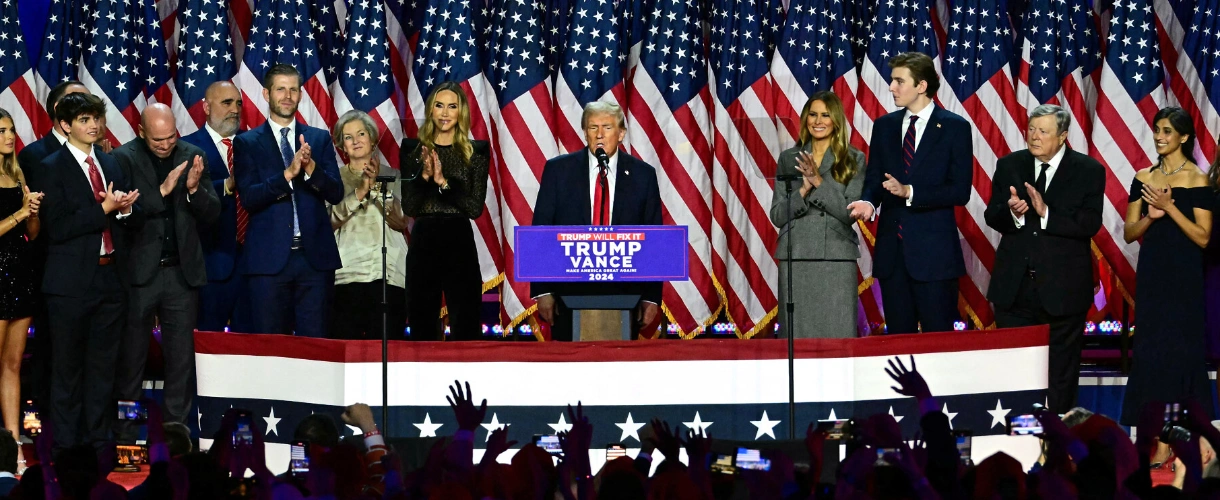
I’m currently at Thammasat University in Thailand, known as the birthplace of Thailand’s democracy movement, so it‘s quite fitting to discuss the 2024 U.S. election here. Based on the latest result, Donald Trump has won the election.
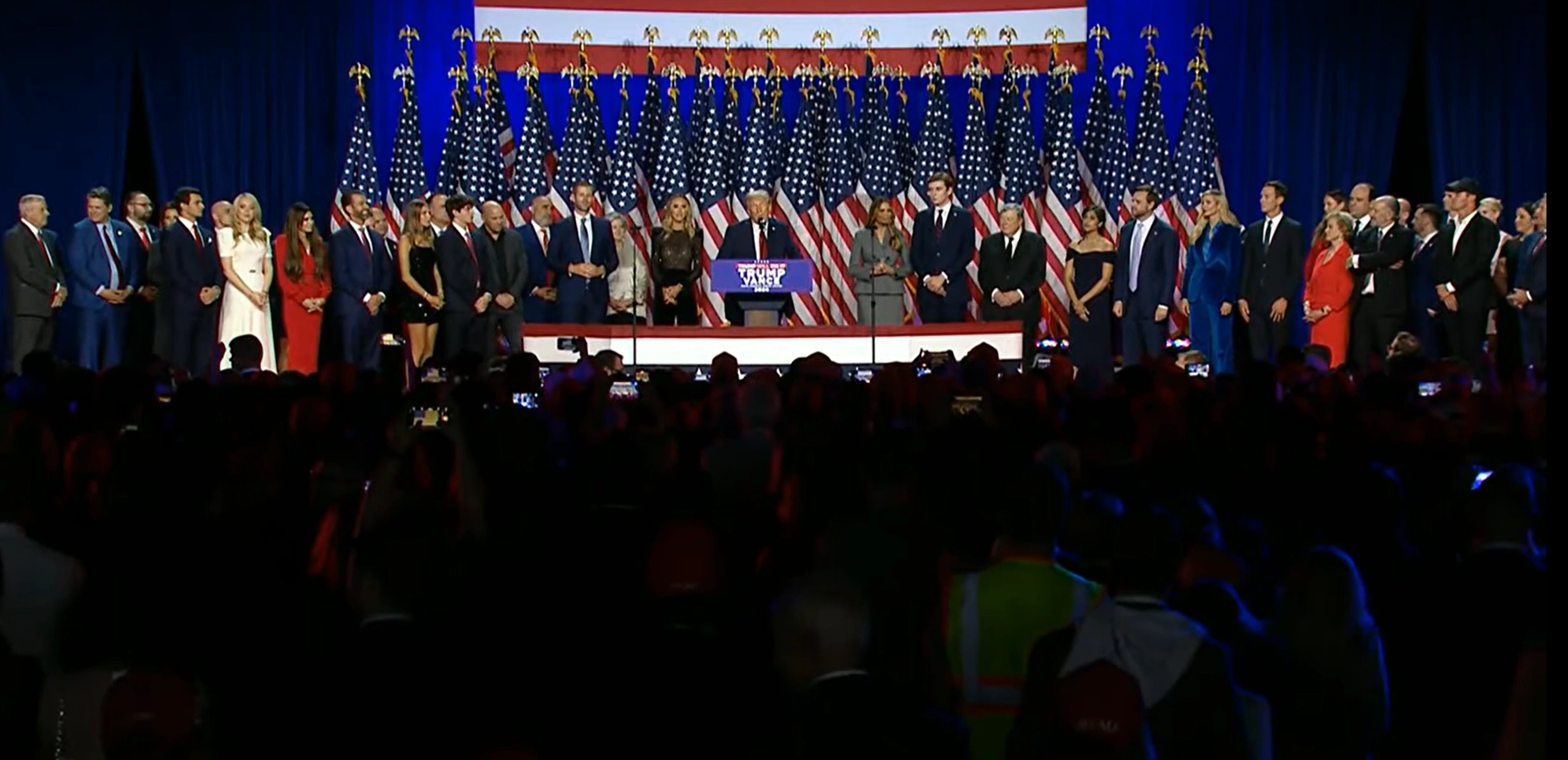
In the 2020 election, Biden’s win was seen as a victory, but by early 2021, a crisis had already emerged. At that time, I observed “The Biden administration might be a transitional administration.” I made this clear on China Now (《这就是中国》), a Chinese TV currently affairs program, and I remarked that Biden’s government could be transitory, and that we should be prepared for the return of Donald Trump or a “Trump era without Trump.”
By “Trump era without Trump,” we foresaw scenarios of possible assassination attempts against him. Looking back, our assesement then seems accurate.
We shared this assessment in early 2021 on China Now. The reason for Trump’s victory is not that complicated: the problems facing the U.S. are extremely severe. In this respect, we actually share some of Trump’s views, Trumpopens almost every speech by saying, “America is a failing nation.” We have long held that the American system needs substantial reform, otherwise the U.S. will go way down.
Recently, I gave a talk on security issues in Geneva, Switzerland. During my speech, I joked with our European friends, saying, “Europe has lost its independence and autonomy, which is why you’re so much concerned and worried about who will takeoffice in the White House in November.” I said, “theChinese are not worried and we watched the US election with ease, and even amusement,and we know that system is broken, andwhoever takes office, we’re prepared to deal with him or her one his or her own merits, and we’re confident in our national strength.” I went on to say, “We’re watching the American election like a live episode of House of Cards”
In fact, based on my observations, many Chinese people would slightly prefer a Trump return. I recall Chairman Mao Zedong once said he preferred the American right wing—not the Chinese right, but the American right. The American right focuses on American national traditions and is less preoccupied withuniversal values stuff or left-wing issues like LGBT rights. They are often more pragmatic and more likely to confront the real challenges facing America today.
This election draws a sharp contrast. Trump’s camp consistently emphasizes two main issues: the struggling U.S. economy and immigration. Meanwhile, Harris’s camp is focused more on “democracy being under threat,” “fascism taking office,” and abortion rights, which fail to address America’s most urgent problems and seem disconnected from the most pressing concerns of American society.

From the China model’s perspective, it’s evident that if a government cannot improve people’s livelihood, for so long, then there’s a fundamental flaw in its system and its way of governance . In this case, reform is called for; otherwise, the country will have no future.
Regarding U.S.-China relations, I hope that if Trump returns to office, he’ll learn from his past mistakes. His trade war was a total failure. Conservative estimates show that 92-93% of the tariffs imposed on China were borne by American companies and consumers.
Now he’s talking about increasing tariffs to 60%. Frankly, that would be a disaster for U.S. economy and its inflation will soar. The Tech War he initiated, which Biden escalated even further, is also destined to collapse, andit’s on the verge of total collapse.
The financial war appears to be heading the same way. So, I hope Trump realizes that his trade, tech, and financial wars with China are either failing or set on a path to failure.
Personally, I believe Trump has accurately identified some key issues in the U.S., but his solutions are fundamentally flawed. If he genuinely wants to revive the American economy, his first step should be to seek cooperation and assistance from China—without that, there’s little hope for its success. That’s where China’s strength stands today.
someBeijing used force to reunify Taiwan, he would impose a 200% tariff on Chinese products—a statement that received a surprisingly positive response from Chinese netizens. His approach as a businessman is largely based on cost-benefit calculations, which actually makes him somewhat easier to deal with.
My instinctive judgement is that he would initially attempt to intimidate and bluff but would likely attempt to strike a deal, and Taiwan may already be extremely nervous, but China’s position remains unchanged:
Our plan for China’s reunification follows our own schedule, timeline, and methods. It could be peaceful, non-peaceful, or a combination of both, but it won’t be swayed by whoever wins the U.S. election.
That’s what I wanted to share. Thank you, everyone.”

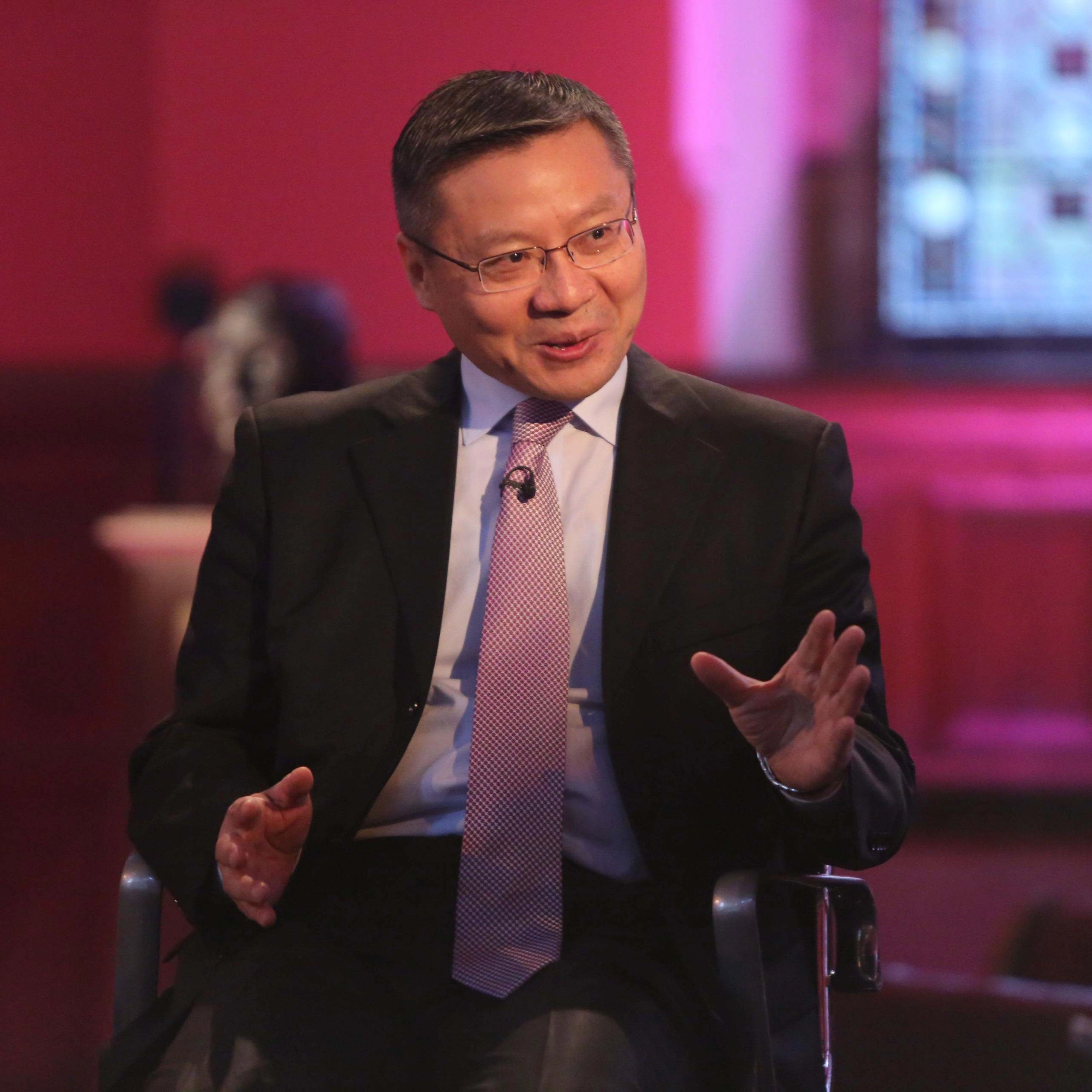
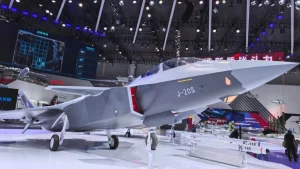
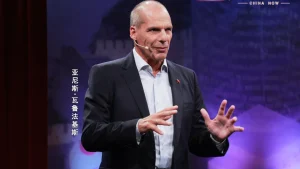
Anonymous
A fresh perspective
Mountsinai
Mountsinai I truly appreciate your technique of writing a blog. I added it to my bookmark site list and will